five nifty skills that will give you a leg-up in any job
Whether you're looking to start a new career or just upskill in your current industry, Kate Stanton has got you covered with some handy advice for navigating the wild world of work.
Are you dipping your toes in the job market? Or simply trying to figure out what the heck you’re supposed to do with your life (*big, existential sighs*)? Unless you’re one of the very, very few people who knows exactly what they want to do and how to get there — in which case, tell us your secret — it’s hard to know exactly how to prepare for today’s world of work. If you’re a little unsure where to start, or how to shift gears in your career, we’ve gathered a few core skills that are useful in almost any industry, whether you’re an aspiring rock star, skydiving instructor or corporate bigwig.
MARKETING Unfortunately, 'marketing' does not describe a career where you spend all day moseying around food markets and tasting free samples. But it’s still pretty cool! If you like connecting with people and finding out what makes them tick, consider developing your marketing skills. They are pretty useful, because every brand needs people who know how to promote and advertise their product to the right audiences. You can use marketing to sell the public on a controversial environmental policy or research the rise of mullets or launch a social media campaign for scented bubble wrap. By studying marketing, you’ll show prospective employers that you can strategise effectively and think creatively — no matter what you’re promoting.
MANAGEMENT Are you the type of person to launch a neighbourhood baby-sitting club or lead a ragtag group of private school kids to a battle of the bands? That’s management, which is all about learning how to make decisions, solve problems, delegate tasks and motivate people. Good management skills are super-important for heaps of career paths, like entrepreneurship, human resources and event management. But effective and inspiring leaders are in demand everywhere, because they help organisations get the best out of their people and resources. You might benefit from management skills if you want to move up in your chosen field, and learn how to teach other people all the cool stuff you know!
DIGITAL LITERACY If you’re viscerally familiar with the beep-beep-boop sound of dial-up internet and used to burn mixed CDs for your mates, you know how rapidly technology changes from one decade to the next. Even young folks today need to keep up with an industry that’s always shifting, whether it’s in artificial intelligence, cybersecurity or data management. Developing strong technological and digital literacy skills will stand you in good stead in any career. For example, entrepreneurs need to understand how an increasingly digitised world will affect their business, while an art teacher might use new forms of technology to interact with students and their families. You don’t want to have to ask the IT person for everything, after all. And tech-specific jobs are booming, with the Australian government aiming to create 1.2 million tech jobs by 2030.
COMMUNICATION Plenty of people can write a decent email or send a strongly worded DM, but not everyone can truly communicate well. Writing, public speaking, negotiating, posting an effective Instagram caption or simply expressing your ideas to a group takes skill and understanding. You probably already know how easily a text message can be misinterpreted or how carefully you need to word feedback. Good communication skills are important because they help you build relationships, solve problems, express opinions and collaborate with others. Professional communication skills are especially in demand for jobs like social media manager, customer service and public relations.
CREATIVITY AND DESIGN As much as we love crocheting up a storm or doodling in the pages of our notebooks, true creativity is about way more than the stereotype of a dreamy-eyed artist (though we love those, too). Creativity is about thinking outside of the box, which is how people come up with cool business ideas and find solutions to unexpected challenges. Visual creativity is especially practical in a world where so much is about how things look, whether it’s making a fun YouTube video or well-designed app or eye-catching restaurant menu. You can use your creative and design-thinking skills to help you (or your workplace) stand out — online and IRL.
This handy advice was brought to you in partnership with our pals at Swinburne Online.



.jpg&q=80&h=682&w=863&c=1&s=1)


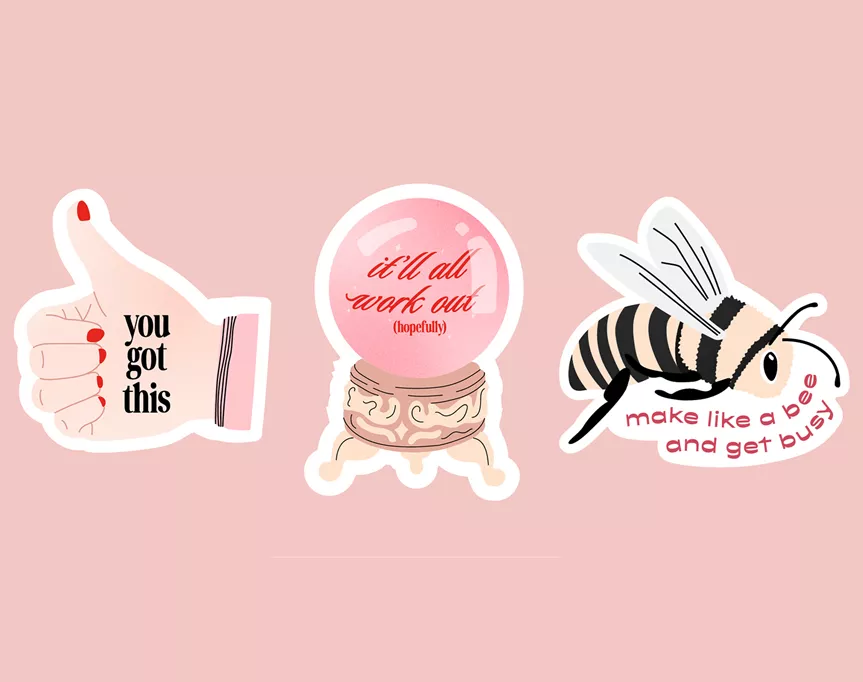
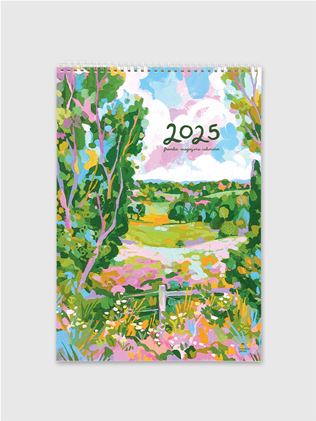
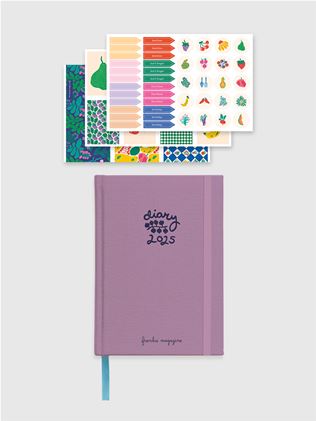
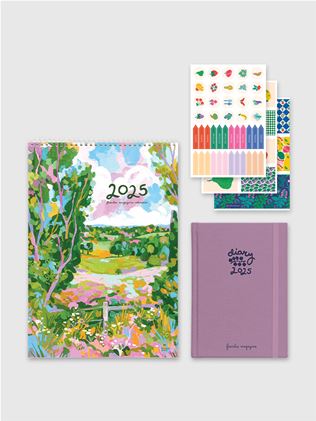
.jpg&q=80&w=316&c=1&s=1)






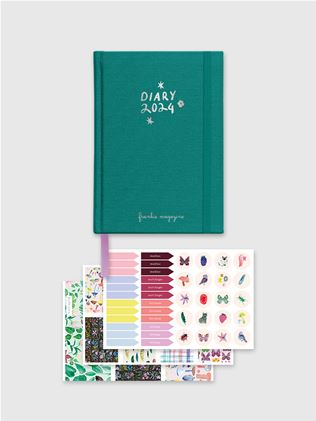










.jpg&q=80&w=316&c=1&s=1)










